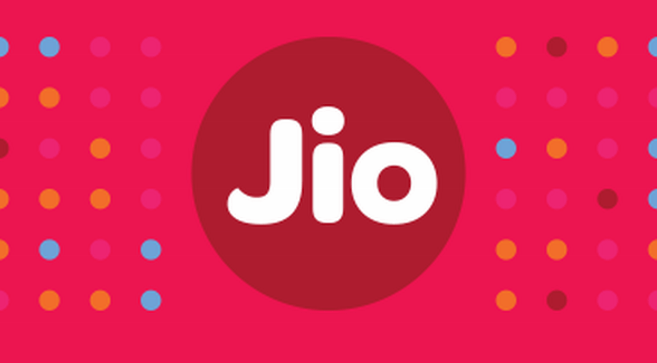Mukesh Ambani’s Reliance Industries, the largest private sector company in India is all set to offer broadband, landline and TV combo service for only 600 rupees per month. The services will be offered through Reliance Jio GigaFiber and will be free for a year.
The fibre-to-the-home (FTTH) service will be rolled out in as many as 1,600 cities simultaneously. The company has also increased the number of targeted homes from 5 crore to 7.5 crore. The company is using FTTH instead of Fixed Wireless Broadband powered by 5G which is being used globally. According to company sources, FTTH is a one-time investment for future profits and therefore it will use this technology. Wireless broadband will be used in congested and remote areas given the difficulty in laying out fiber in these areas.
The pilot project is being tested in New Delhi and Mumbai. The company is providing 100 gigabytes (GB) of data at up to 100 megabytes per second (mbps) for free.
In the last Annual General Meeting (AGM) of Reliance Industries, Mukesh Ambani, Chairman and Managing Director of Reliance Industries unveiled the plan of Jio GigaFiber. The two main features of Jio GigaFiber will be Smart Home Technology and TV calling. JioGigaFiber broadband will come with a set-top box for TV. It will have enabled voice command feature for TV.
As of now, the big players in broadband service providers are Airtel, Hathway and many other smaller players in many different cities. As of April 30 this year, there are 1.84 crore broadband connections in the country with state owned BSNL in the lead. BSNL has 91.5 lakh broadband subscribers while Airtel has 23.8 lakh.
These companies have kept their prices relatively high, with an average connection costing Rs. 1000 per month. Also, these companies provide data through a wired copper cable, while Jio will be providing it through Fiber to the Home (FTTH) technology. Currently, Reliance Jio is running beta trials of Jio GigaFiber in tens of thousands of homes. The Fiber technology is more efficient, dramatically increases speed and quality, and improves the experience of surfing, gaming and streaming.
FTTH could be 100 times faster than traditional modem connections. The average internet speed in the country is much slower than the prevailing international standards. India ranks 97th globally in internet speed rankings. The optical fiber network will help people get high-speed internet and the country will be able to compete with international standards.
Reliance is known for its aggressive pricing strategies in the market. It was the first company to come up with a plan for free incoming calls in India. Reliance Jio entered the market in late 2016, which had with its low pricing captured more than one-third of the Indian market within a short span of only two and a half years.
The leadership style of Mukesh Ambani epitomizes the traditional Indian style of running a Hindu undivided family business. He involves himself in every large-scale project and is known for his ability to visualize, conceive and implement mega projects down to the last nut and bolt. He is a 24X7 businessman with a low profile and a workaholic persona; he hardly interacts with the media except on the company’s annual day functions.
He is known to work towards a achieving a monopoly in the markets, a style similar to his father’s. In the early days of the business, his father, Dhirubhai Ambani monopolized the yarn business, and now he is himself doing the same in the telecommunication market. Since his company entered the market with 1GB free data and unlimited free calling package throughout India, the prices of calling and data services have crashed significantly. Within a short period of a year, his company captured almost 15 percent of the telecommunications market. Friends and rivals use two words to describe Mukesh: obsessive and ruthless.




























